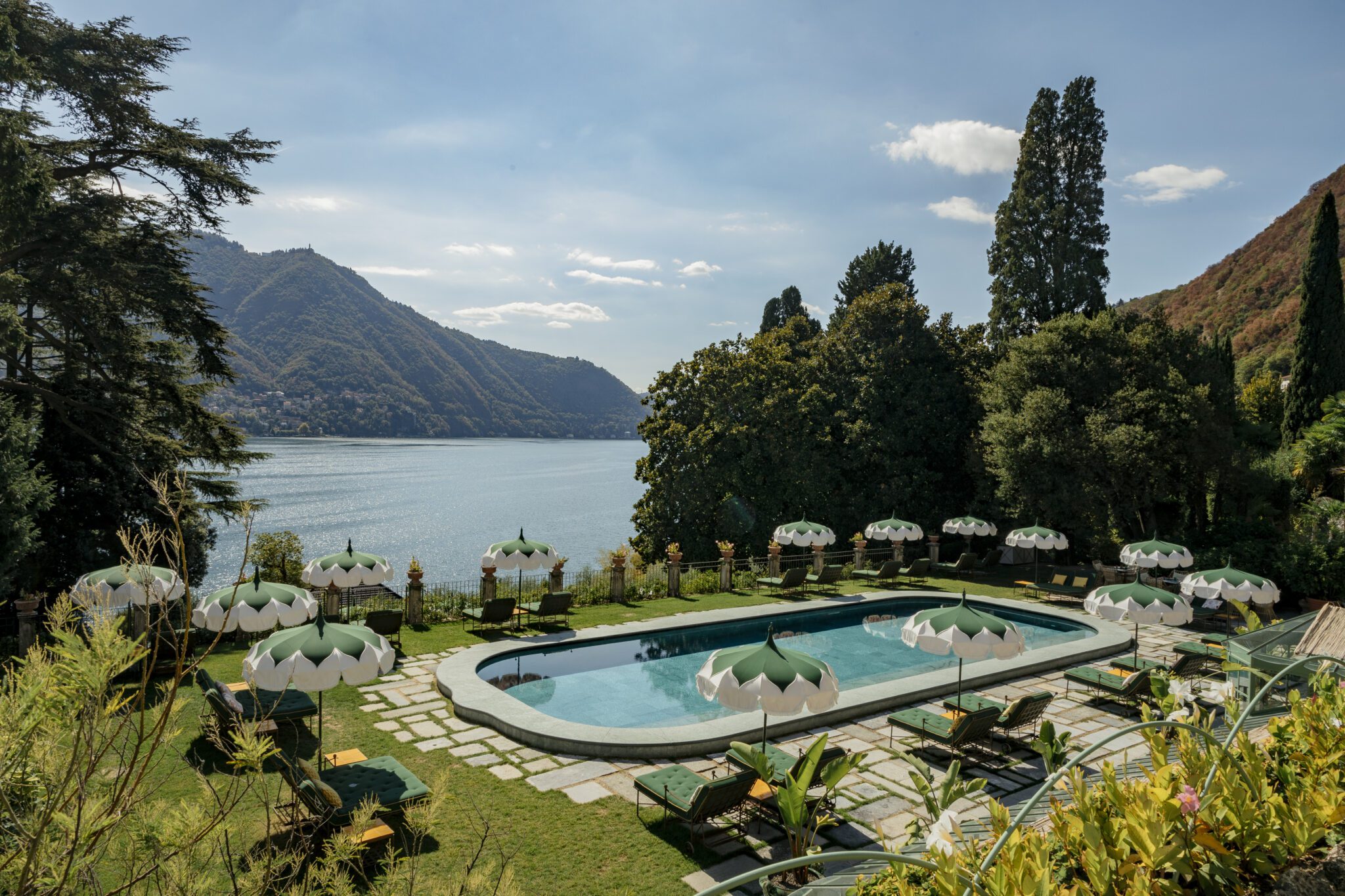Skift Take
A luxury experience could cost thousands of dollars, but the guest can still walk away feeling like they received value - or at least their definition of value.
Passalacqua in Lake Como is worth whatever owner Valentina De Santis decides to charge. There, I said it.
It is one of those luxury experiences that over-delivers on every metric: design, service, locale, as well as the softer intangibles. There are few places like it. No matter the cost, the guest feels like they are getting good value.
This notion of value is tricky. It’s a sliding scale and terribly subjective. One hotelier told me guests who were happy to pay up for a grand suite would feel taken advantage of by the price of a coffee.
Death by a thousand cuts.
Value and luxury seem like two words that are worlds apart. In reality, they go together. Is the experience – whether a palace in Paris or a more humble Swiss chalet – rare and delivered with care. Does the guest walk away feeling they received their definition of value, be it spiritual, design, service, or something else? Is it different from all the other “luxury” offerings that have become increasingly commodified?
An experience could cost thousands of dollars, but the guest can still walk away feeling like they received value – or at least their definition of value.
Rory Sutherland, a storied ad man, writes about this well in his epic read, Alchemy. The core of the book is about using the irrational to create deeper bonds of love and to stand out from the crowd.
He jokingly refers to the tin foil that sits on top of a Pellegrino Limonata. It makes no sense and likely adds cost to the end product, but somehow that tiny touch makes it something you’d be ok with serving at a special occasion as opposed to a Pepsi.
Sutherland also jokes about how the CFO at a hotel group would rather use automation for some duties performed by a doorman. But there are benefits of having that prideful staff member out front, even if they are tough to quantify.
Sutherland’s core assertion is that human beings are delightfully irrational and sometimes it is worth optimizing for this fact.
And this imperfect, deeply human attribute of not always being rational (the way that a balance sheet is), is my entire point. True luxury is still subjective. You know it when you are having the experience and you can’t resist telling others. When something is so good, so dialed in, that you’ve been converted for life. It often comes from these deeply irrational acts of generosity that don’t always make sense.
That is why, more and more, you find these great experiences in places where the owner has a steady hand on the operation and the finance team isn’t calling all the shots.
Get Skift Research
Skift Research products provide deep analysis, data, and expert research on the companies and trends that are shaping the future of travel.
Have a confidential tip for Skift? Get in touch
Tags: hotels, luxury, On Experience, tourism, Travel Trends
Photo credit: Passalacqua pool Passalacqua
